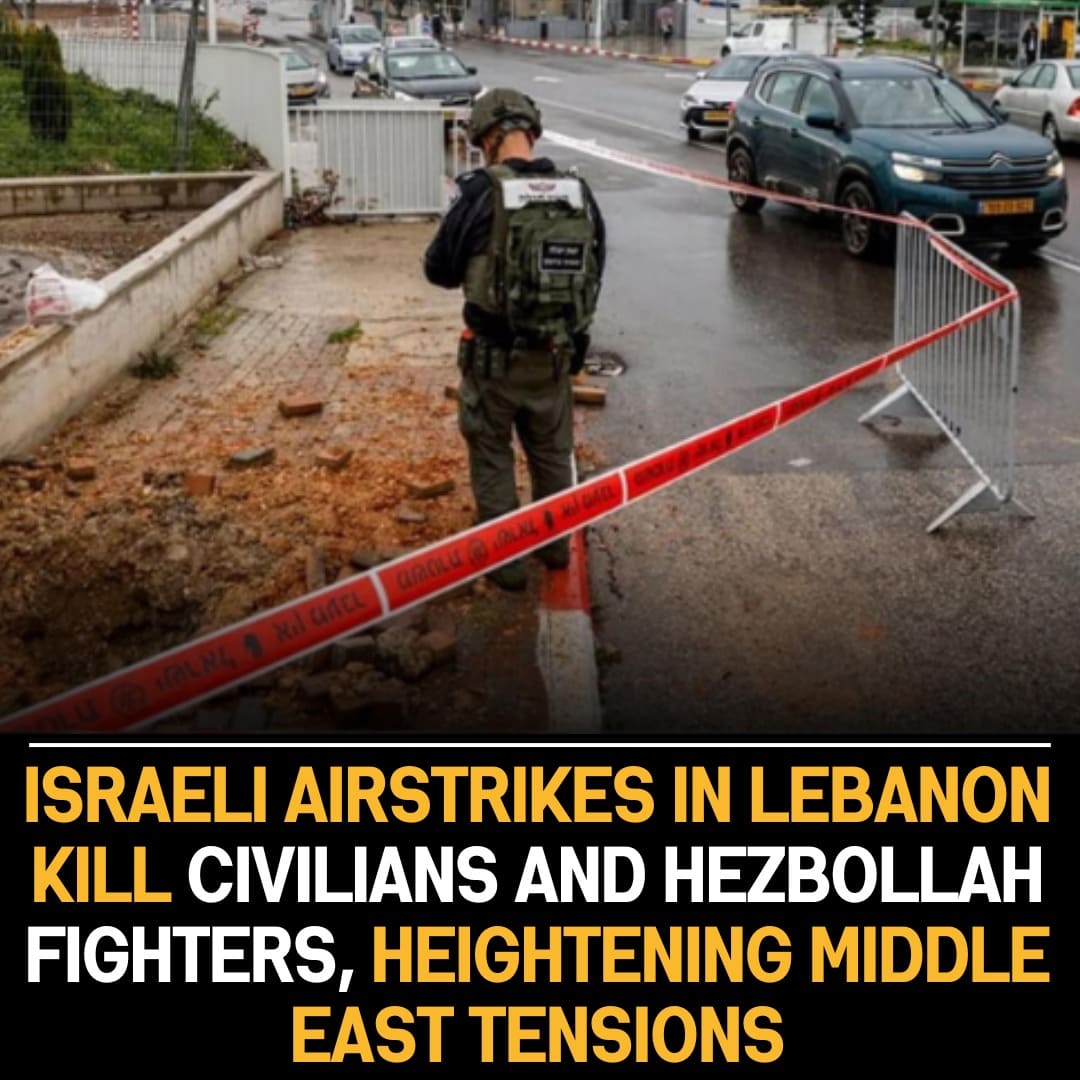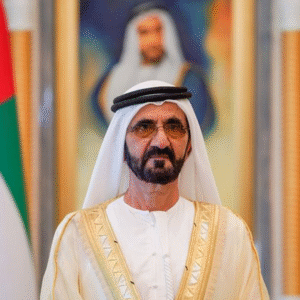In a tragic turn of events, Israeli airstrikes in Lebanon have resulted in the loss of lives, with seven civilians and two Hezbollah fighters confirmed dead. The strikes have sparked heightened tensions in the already volatile Middle East, prompting global concern over the potential ramifications of this latest escalation.
The Israeli airstrikes, targeting locations in Lebanon, have intensified an already complex geopolitical landscape. The loss of civilian lives underscores the human toll of such conflicts, adding urgency to calls for de-escalation and diplomatic solutions to address the root causes of regional tensions.
The seven civilian casualties highlight the indiscriminate impact of the airstrikes on non-combatants, raising ethical concerns about the use of military force in densely populated areas. The loss of innocent lives deepens the tragedy of the situation, with families mourning the untimely deaths of their loved ones.
The involvement of Hezbollah fighters further complicates the situation, as the group has long been a key player in the region’s geopolitical dynamics. The loss of two Hezbollah fighters is likely to have ripple effects, potentially escalating hostilities and drawing other regional actors into the conflict.
The international community has expressed growing concern over the deteriorating situation, with calls for an immediate ceasefire and a return to diplomatic dialogue. The United Nations, along with various countries and organizations, has urged restraint and a commitment to peaceful resolutions to prevent further loss of life and destabilization in the region.
The airstrikes have also sparked protests and demonstrations in various parts of the world, with people expressing solidarity with the affected civilians and demanding an end to the violence. The global response underscores the interconnected nature of geopolitical events and the impact they have on individuals and communities worldwide.
The historical context of tensions in the Middle East adds complexity to the current situation. Understanding the root causes and addressing longstanding grievances becomes crucial in formulating sustainable solutions that can bring lasting peace to the region.
As the situation unfolds, diplomatic efforts to de-escalate tensions are of paramount importance. Regional and international actors must come together to find common ground, facilitate dialogue, and work towards a comprehensive and enduring resolution that addresses the root causes of conflict in the Middle East.
In conclusion, the Israeli airstrikes in Lebanon, resulting in the tragic loss of civilian lives and Hezbollah fighters, have escalated tensions in the Middle East. The global community now faces a critical moment, with an urgent need for diplomatic interventions to de-escalate the situation, prevent further loss of life, and pave the way for lasting peace in the region.









